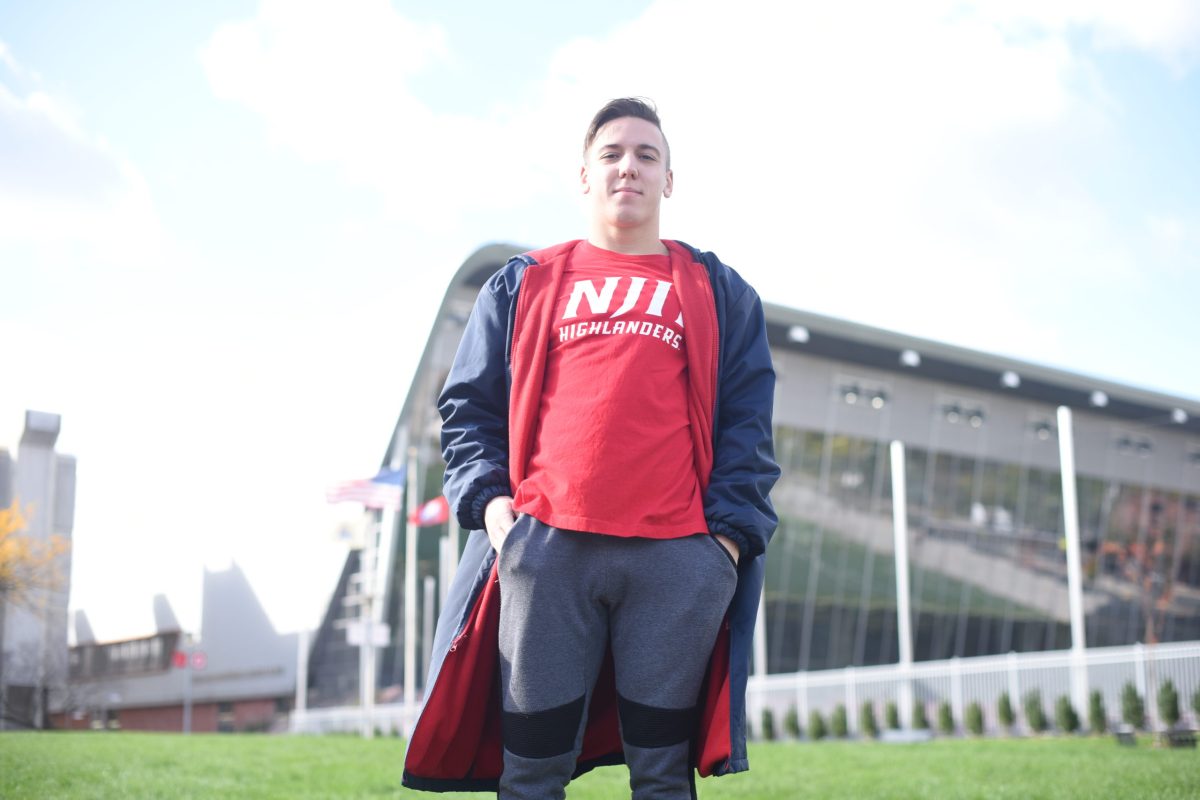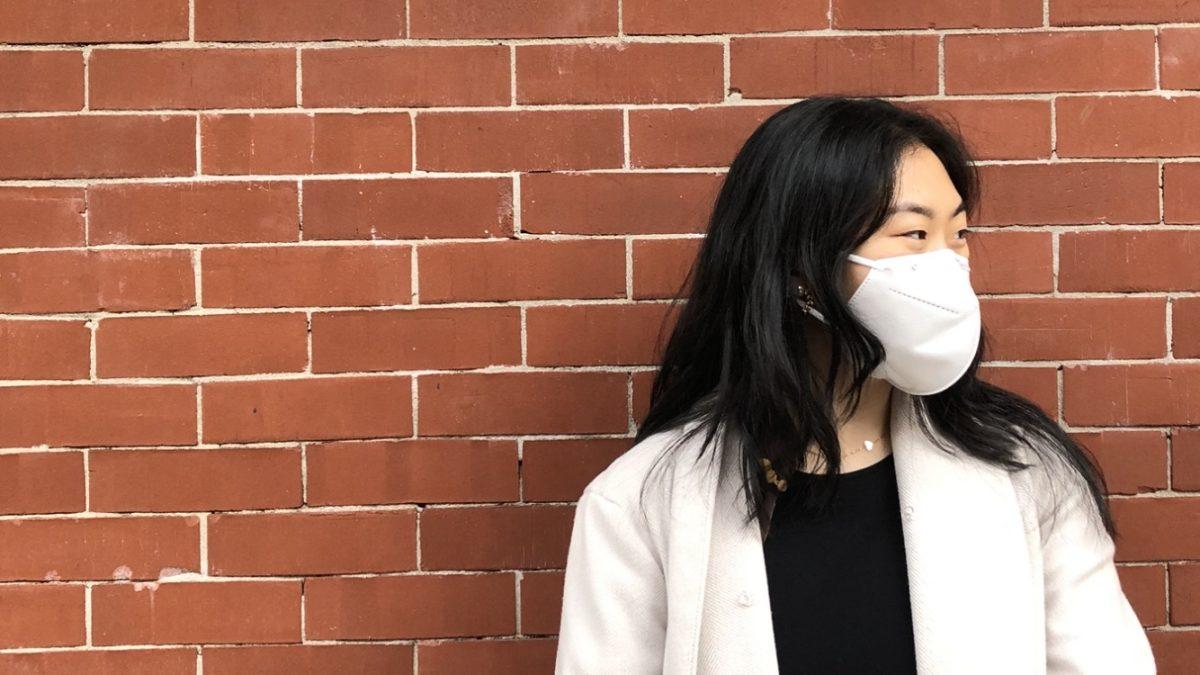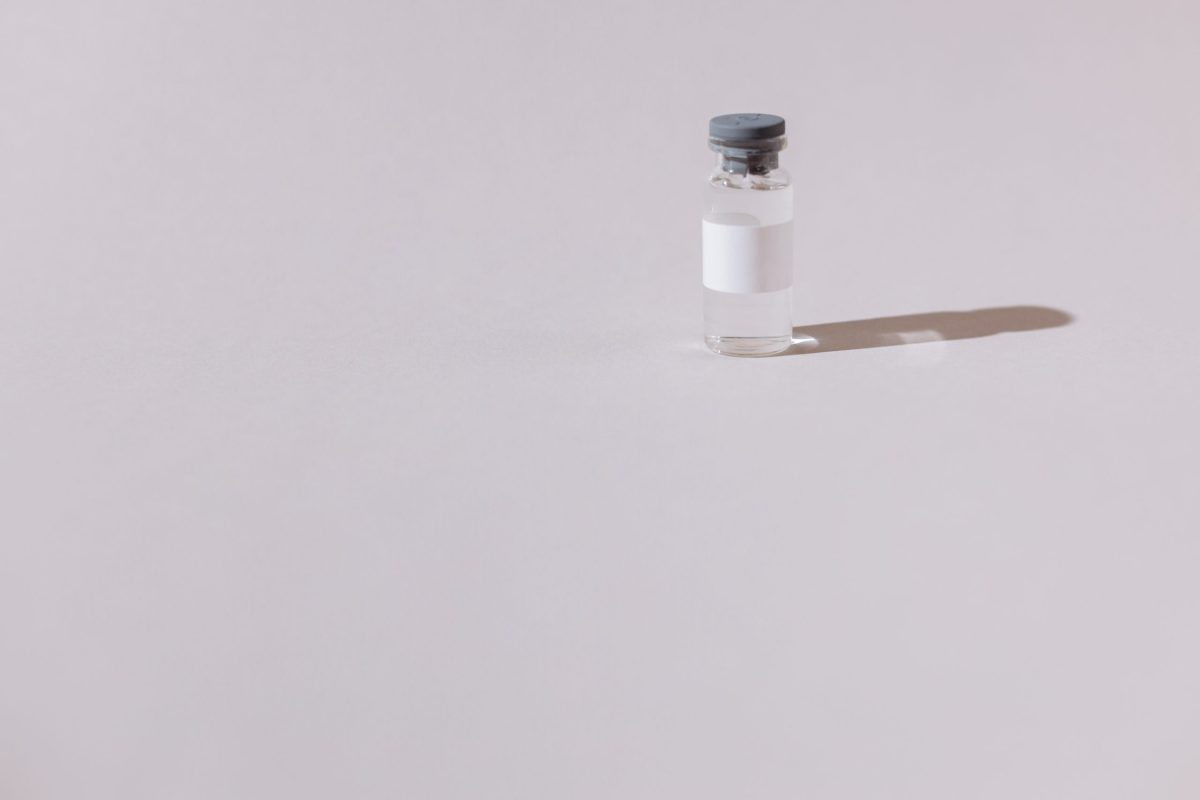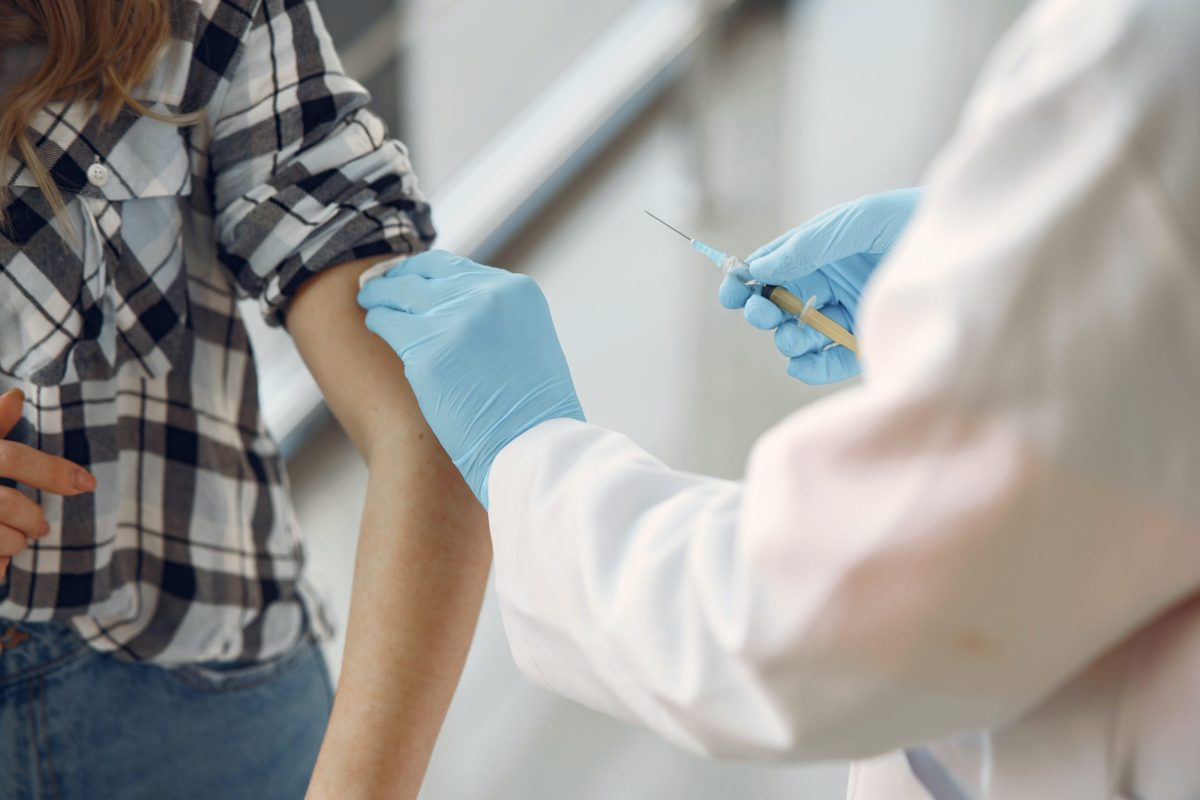Many sports seasons and fitness programs at schools and institutions have been altered, or even canceled, across the country as a safety precaution to stop the spread of the virus. NJIT has been able to safely carry on some of its athletics, also giving students the chance to get their fitness routines in place by reopening the Wellness and Event Center (WEC) with 25% limited capacity weeks ago.
Fourth year mechanical engineering major Tristan Parker is on the men’s soccer team. He stated before the pandemic, the players “would get ready in the locker room and usually hang out until it was time to go outside.” However, because the locker rooms are not currently open for use, the members of the team have to get into practice wear, which also includes face coverings at all times, before getting to the field. Practices for the sport are being conducted by having small pods of five to ten players at a time on the field.
To show encouragement to fellow team members in the past, some players have relied on actions such as giving high fives, but Parker mentioned that they are no longer allowed to bring unnecessary contact between players. Additionally, the teammates have to stay socially distanced as much as possible throughout the entire practice. Parker said, “some of the extra precautions being taken include temperature checks, a daily symptom form that is checked by our athletic trainers and a lot of cleaning. We clean everything after every practice with disinfectant and wait until the next day to bring our laundry to the WEC.”
Parker claims the most difficult part is “the amount of documentation, cleaning, and monitoring that must be done. It truly is very rigorous and trying to remember to fill out all the forms and disinfecting everything is taxing, but worth it.” In contrast, he believes the simplest part is managing “the workload, since we practice for shorter amounts of time due to training in [smaller] groups.” It is much more feasible to have his synchronous classes with shortened practices, and he doesn’t have to change, pack his bag and walk across campus to another building in order to attend class.
Third year chemical engineering student Kjell de Graaf is a player on NJIT’s men’s basketball team. Like many of the athletes here, he said, “in addition to practice, I have weightlifting and also spent a great deal of time in the athletic training room to get treatment and/or rehab.” Social distancing guidelines have encouraged more individual workouts rather than team-building exercises for the members. There is huge emphasis put on sanitizing equipment after using it for their personal workouts.
With the season being confirmed for the basketball team, de Graaf mentioned, “our season is also poised to look different than what we’re used to: less travel, fewer total games, a lot of surveillance testing, and the organization of games that allows for the least amount of possible exposure which could, for example, mean no or very limited amounts of fans in attendance.”
Second year mechanical engineering major Daniel Jablonski is on the men’s swimming and diving team. In terms of their practice routine, he said, “we now have to split practices, meaning that my sleep schedule is often different because we rotate who goes when, and I don’t get to see half my teammates. We don’t get to use our own locker rooms, meaning I have to keep all my swim stuff in my room.” He also included that the amount of practice times each week used to total over twenty hours before the pandemic hit; now, it totals to around twelve hours.
Jablonski believes that even though it can be quite bothersome waking up for practice starting at six in the morning, the “easiest part right now is definitely keeping a schedule. Because our practice is in the morning, I don’t have to worry about events in the afternoon or classes conflicting.”
Even though the men’s swimming and diving team is the only team scheduled to compete this fall according to Associate Athletic Director Peg Hefferan, Jablonski doesn’t find the virtual meets happening nearly as exciting as they used to be. During a virtual meet, “two teams race each other at the same time, just not at the same pool,” so that there is no travel involved. This calls for a ban on hotel travel; if meets take place in person, the team will only be allowed to go back and forth on the same day.
He concluded with, “I think the athletic department is doing a great job of making sure that coronavirus does not spread… I wish other academic departments could take a look at the athletic department and take a hint to make sure students are not only safe but also happy.”
Regarding the Athletic Department’s decisions on how to operate in the safest manner, Hefferan indicated, “Lenny Kaplan, the Assistant Vice President and Director of Athletics & Physical Education, is a committee member on NJIT’s Pandemic Recovery Task Force. He has ensured that the Athletic Department has developed a comprehensive plan that is consistent with NJIT’s overall Pandemic Recovery Plan.” The Athletics Pandemic Recovery Subcommittee, which is composed of coaches, student-athletes, and administrators, helped formulate certain etiquette to allow for the safest reopening of the WEC. According to her, “Our protocols were designed to follow the guidance of the CDC, state, & local laws and NJIT’s Pandemic Recovery Task Force, and the NCAA Guide to Collegiate Sport Resocialization. Because our response to the pandemic is a very fluid situation, the Athletics Pandemic Recovery Subcommittee continues to meet on a weekly basis.”
As only men’s & women’s basketball are practicing at their full amount of permissible hours per week, Hefferan said, “We have managed to have our [basketball] teams progress through the 3 Phases of activity: Phase I – Acclimation; Phase 2 – Resocialization (pods of fewer than ten players with sport specific activity but no contact); Phase 3 – Introduction of Contact Sport Activity and combining the pods. These 3 phases were slowly introduced over a five week period, and we staggered the teams start dates in order to ensure a more controlled start.”
As a way to actively educate the student-athletes about community health standards & protocols, the WEC has many signs and reminders of the protocols to be followed while using the facility. “There is a robust sanitation protocol, as each student is responsible for wiping down the equipment after the use, and the Fitness Center is shut down every two hours for a thorough cleaning,” said Hefferan.
Hefferan continued, “We know that this has been a very challenging year for our athletes; however, I’m happy to say that they have recognized the importance of following our protocols. They understand that the intent is to minimize infection. They are a very resilient group, and we are so proud of them.”
De Graaf recognized that “everyone— the players, the coaches, and the whole athletic department— wants to see college sports happen, which is why in the light of the current circumstances, we make the sacrifices and do everything we can to do this safely and responsibly because it’s the only way to do it in this unprecedented season.”











































